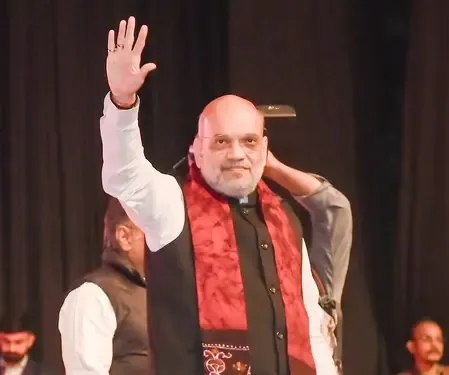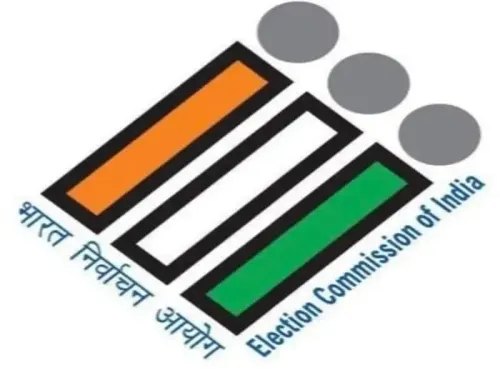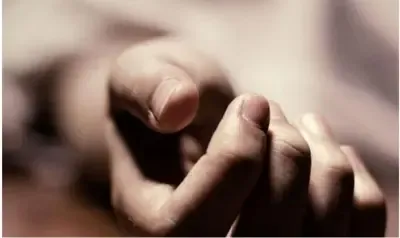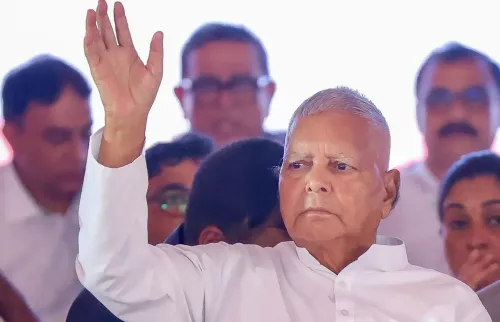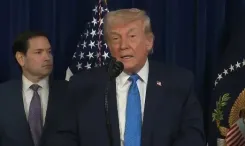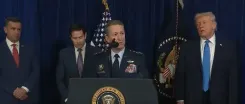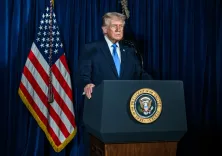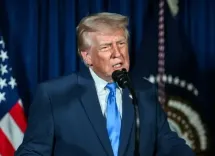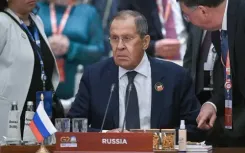Has DoNER sanctioned Rs 198 crore for a drug de-addiction centre in Tripura?
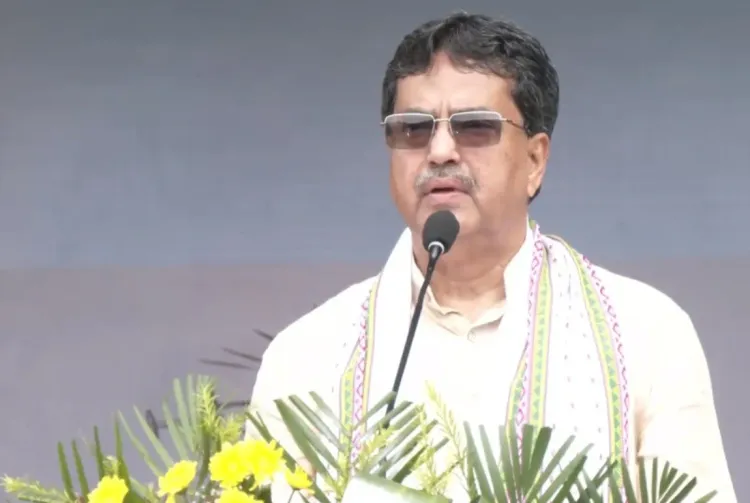
Synopsis
Key Takeaways
- Rs 198 crore sanctioned for drug de-addiction centre.
- Centres to be established in all 8 districts.
- Zero-tolerance policy against illegal drug trafficking.
- Significant increase in drug seizures and destruction in 2024-2025.
- Formation of Red Ribbon Clubs for HIV/AIDS awareness.
Agartala, June 25 (NationPress) The Chief Minister of Tripura, Manik Saha, announced on Wednesday that the Union Ministry of Development of North Eastern Region (DoNER) has allocated Rs 198 crore for the establishment of a dedicated drug de-addiction centre in Sepahijala district of Bishramganj.
While addressing an event to mark the International Day Against Drug Abuse and Illicit Trafficking, the Chief Minister highlighted that the state government plans to establish drug de-addiction centres in all eight districts, with an investment of Rs 20 crore for each centre.
Holding dual responsibilities as the Home and Health and Family Welfare Minister, Chief Minister Saha mentioned that Prime Minister Narendra Modi and Union Home Minister Amit Shah have mandated a zero-tolerance approach towards illegal drug trafficking and all forms of drug-related issues.
He noted a significant increase in drug seizures by 103 percent and the destruction of seized drugs by 132 percent during the financial year 2024-2025.
Tripura, sharing an 856-km border with Bangladesh, is particularly susceptible to cross-border drug smuggling, as it is encircled on three sides by the neighboring country.
“Tripura's strategic location is exploited as a corridor for illegal drug trafficking,” he remarked.
Addressing the drug abuse problem, Chief Minister Saha emphasized that it contributes to the rising incidence of HIV/AIDS, urging collective action to combat this contagious disease.
He added that initiatives, such as the establishment of Red Ribbon Clubs (RRC) in schools, are underway to raise awareness about HIV/AIDS among the youth.
The RRC movement, initiated by the Indian government, aims to educate young people on this critical issue.
As the Minister for Education, Chief Minister Saha asserted the importance of incorporating sex education in schools to inform children about the risks associated with uncontrolled sexual behavior.
Tripura's Director General of Police, Anurag, reported that last year, drugs valued at Rs 800 crore, including addictive methamphetamine tablets and ganja (marijuana), were seized and destroyed in the state.
Tripura's Chief Secretary, J.K. Sinha, along with senior officials from the Narcotics Control Bureau, also addressed the attendees.


